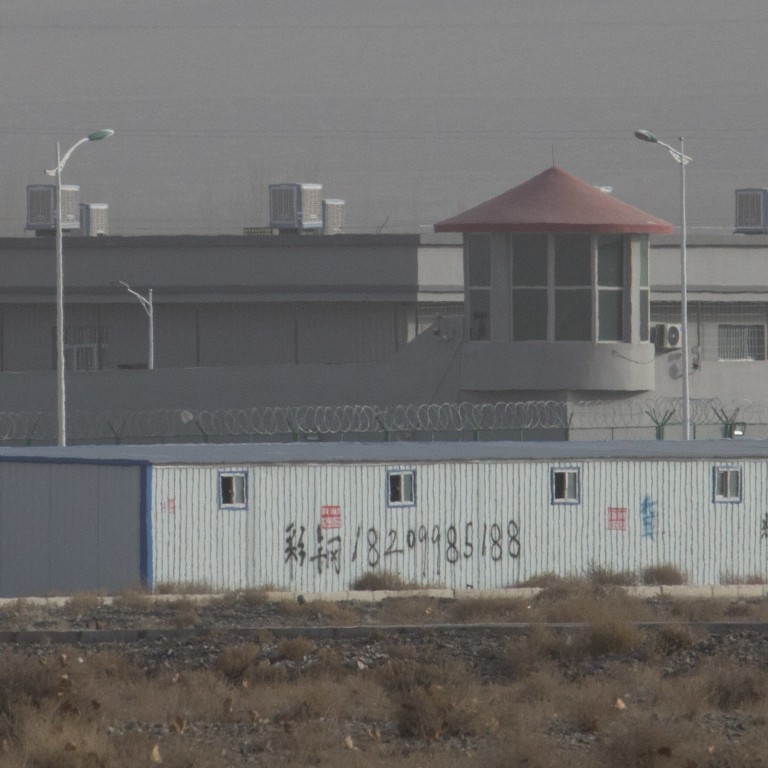
Chinese firms may be able to hit back at foreign partners under new anti-sanctions law
- Expert says the legislation, which is expected to be passed on Thursday, will allow companies like Huawei to seek redress through mainland courts
- Businesses outside China are said to be paying close attention to the new law but it’s not expected to be retroactive
Tensions between China and the US may worsen with Beijing expected to pass a new law on Thursday that experts say will enable Chinese companies subject to Western sanctions to retaliate against foreign business partners in mainland courts.

04:43
How the arrest of Huawei CFO Meng Wanzhou soured China's relations with the US and Canada
The new legislation comes after a “blocking statute” was issued by the commerce ministry in January. Details of the new law have not been released, but legal experts say it is expected to allow Chinese companies hit by sanctions to claim compensation in mainland courts from foreign entities deemed to have aided and abetted those sanctions.
Chinese state media criticised HSBC for playing a “malicious” role in Meng’s arrest in Canada, as the US Justice Department had reportedly obtained documents from the bank as part of its investigation into whether Huawei breached sanctions against Iran that resulted in the Chinese executive’s arrest.
Could business be caught in the crossfire of China’s ‘legal battle with the West’?
HSBC has said it was not involved in the Justice Department’s decision to investigate Huawei and that it had no “malice” against the company.
Wu Junfei, deputy director of Hong Kong’s Tianda Institute think tank, said if the law had been enacted earlier, “HSBC would probably have had to think twice before making any Huawei-related decisions, as now Huawei will be able to take legal action against it in mainland China”.
Wu said the legislation would allow Chinese firms like Huawei to seek protection and redress through the legal system. “Not just companies – in theory, individual officials who are subject to foreign sanctions will also be able to seek compensation via legal means,” Wu said. “It’s a step forward.”
Both Huawei and HSBC declined to comment when contacted on Wednesday.

Chen Zhu, a Hong Kong-based partner at international law firm Morrison & Foerster, said companies outside China were paying close attention to the new legislation.
“We’ve been working with clients – particularly companies from ‘third countries’ outside China and the US – to evaluate the risks the new law poses to their operations in China as well as their dealings with Chinese counterparts all over the world,” Chen said.
“For now, many companies are still taking a wait-and-see approach, but that could change soon as foreign sanctions led by the US expand to more companies and more sectors.”
Chen said the new law – if consistent with the commerce ministry’s blocking statute – “would not have a retroactive effect”, meaning a Chinese entity would be unlikely to be able to claim for economic damages resulting from another entity’s past compliance with foreign sanctions.
“It’s important to note that there would not be an automatic, blanket prohibition against all compliance with foreign sanctions in China. An innovative feature of the new law [if it’s in line with the January rules] is that Chinese authorities will be issuing orders to block foreign sanctions on a case-by-case basis,” Chen said.
“This gives the Chinese authorities great flexibility to decide, at any time, which particular Chinese individuals, companies or sectors will be protected, and which particular foreign sanctions will be blocked.”

